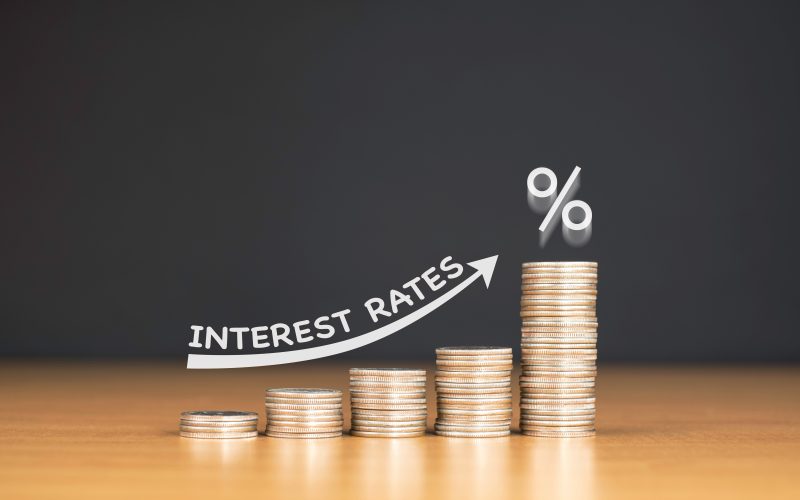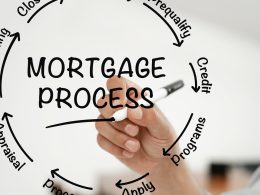About the Author:
Sarah Jones is a seasoned financial advisor with over 15 years of experience specializing in housing wealth management. Passionate about empowering homeowners, Sarah helps individuals navigate the complexities of equity and unlock its potential to achieve financial goals.
The Equity Rich, Cash Poor Conundrum
Owning a home is a significant accomplishment, but it doesn’t always translate to readily available cash. Home equity represents the difference between your home’s market value and what you still owe on your mortgage. While a high equity number sounds positive, it can feel frustrating if you can’t access those funds for emergencies, home improvements, or other needs.
Understanding Your Home Equity
The first step is understanding your equity position. A simple online valuation tool can give you a ballpark estimate, but a professional appraisal provides a more accurate picture. Consider factors like recent sales in your neighborhood and any renovations that might have increased your home’s value.
Options for Leveraging Equity (for Homeowners)
If you find yourself house rich, cash tight, there are options to unlock some of your home equity and turn it into usable cash. Here are three common approaches:
-
Home Equity Loan (HEL): This provides a fixed interest rate loan with a lump sum payout. It offers access to large amounts of cash upfront, with predictable monthly payments. However, it adds to your debt burden and carries the risk of foreclosure if you can’t repay.
-
Home Equity Line of Credit (HELOC): This acts like a revolving credit card secured by your home equity. You can access cash as needed, with interest rates that can fluctuate. HELOCs offer flexibility, but minimum payments are required even if you don’t use the credit line, and variable rates can be risky.
-
Reverse Mortgage (HECM): This loan is available to seniors 62+ and allows them to access a portion of their home equity as a stream of income or a lump sum. It can provide supplemental income in retirement and allows you to stay in your home. However, it reduces your equity ownership, has complex terms, and may not be suitable for everyone.
Unlocking Your Home Equity
| Option | Description | Benefits | Drawbacks |
|---|---|---|---|
| Home Equity Loan (HEL) | Fixed interest rate loan with a lump sum payout. | Access large cash amounts, predictable payments. | Monthly payments add debt burden, risk of foreclosure if unable to repay. |
| Home Equity Line of Credit (HELOC) | Revolving line of credit with variable interest rates. | Access cash as needed, flexible repayment options. | Interest rates can fluctuate, minimum payments required even if unused. |
| Reverse Mortgage (HECM) | Loan for seniors 62+, pays out a portion of home equity over time. | Supplemental income in retirement, allows you to stay in your home. | Reduced equity ownership, complex terms, may not be suitable for everyone. |

Strategies for Cash-Strapped Buyers
The current housing market can be daunting for first-time buyers facing high home prices and fierce competition. But there’s hope! Here are some creative financing options that can help bridge the down payment gap:
-
FHA Loan: This government-backed loan allows for a lower down payment (as low as 3.5%) for qualified buyers. It requires a slightly lower credit score (minimum 640) and comes with specific home occupancy rules.
-
USDA Loan: This program offers zero down payment options for eligible properties in rural areas. Income limits and property location restrictions apply.
-
VA Loan: This program is specifically for veterans and active military personnel. It offers zero down payment, competitive interest rates, and often requires no private mortgage insurance. However, you need a qualifying military service history and the property must pass a VA appraisal.
Creative Financing Options for First-Time Buyers
| Option | Description | Requirements | Benefits |
|---|---|---|---|
| FHA Loan | Government-backed loan with lower down payment requirements. | Lower credit score (minimum 640) required, specific home occupancy rules. | Easier approval for first-time buyers, lower upfront costs. |
| USDA Loan | Government-backed loan for rural properties. | Income limits apply, property location restrictions. | No down payment required for eligible properties. |
| VA Loan | Loan for veterans and active military personnel. | Military service history required, specific property appraisal process. | Zero down payment, competitive interest rates. |
Finding Common Ground: Bridging the Gap
There’s a potential win-win scenario for both equity-rich homeowners and cash-strapped buyers. Homeowners seeking to downsize or unlock some of their home’s value could connect with first-time buyers. Creative solutions like co-living arrangements, where multiple people share a home, or lease-purchase agreements, where renters have the option to eventually buy, can benefit both parties.
A Word of Caution: Responsible Equity Utilization
Remember, your home is a significant asset. Before making any decisions regarding your home equity, consult with a financial advisor to ensure you understand the risks and choose the option that best suits your financial goals.
Conclusion: Building a Sustainable Future
Whether you’re an equity-rich homeowner or a hopeful first-time buyer, there are strategies available to help you achieve your financial goals. By understanding your options, exploring creative solutions, and seeking professional guidance, you can build a sustainable financial future and unlock the true potential of your home.
ring homeowners, Sarah helps individuals navigate the complexities of equity and unlock its potential to achieve financial goals.












